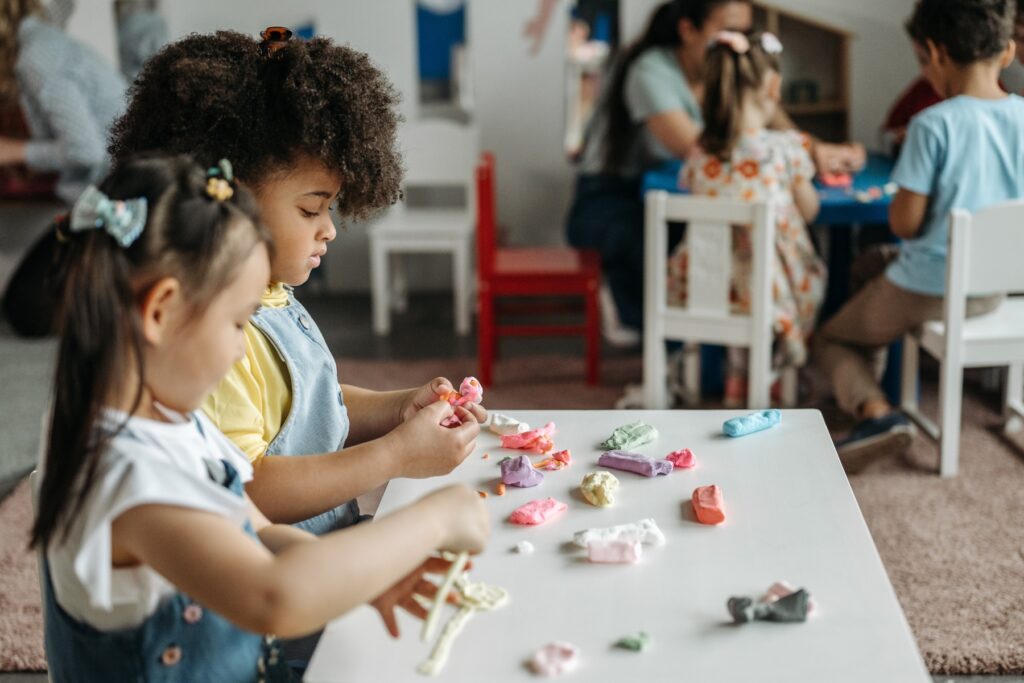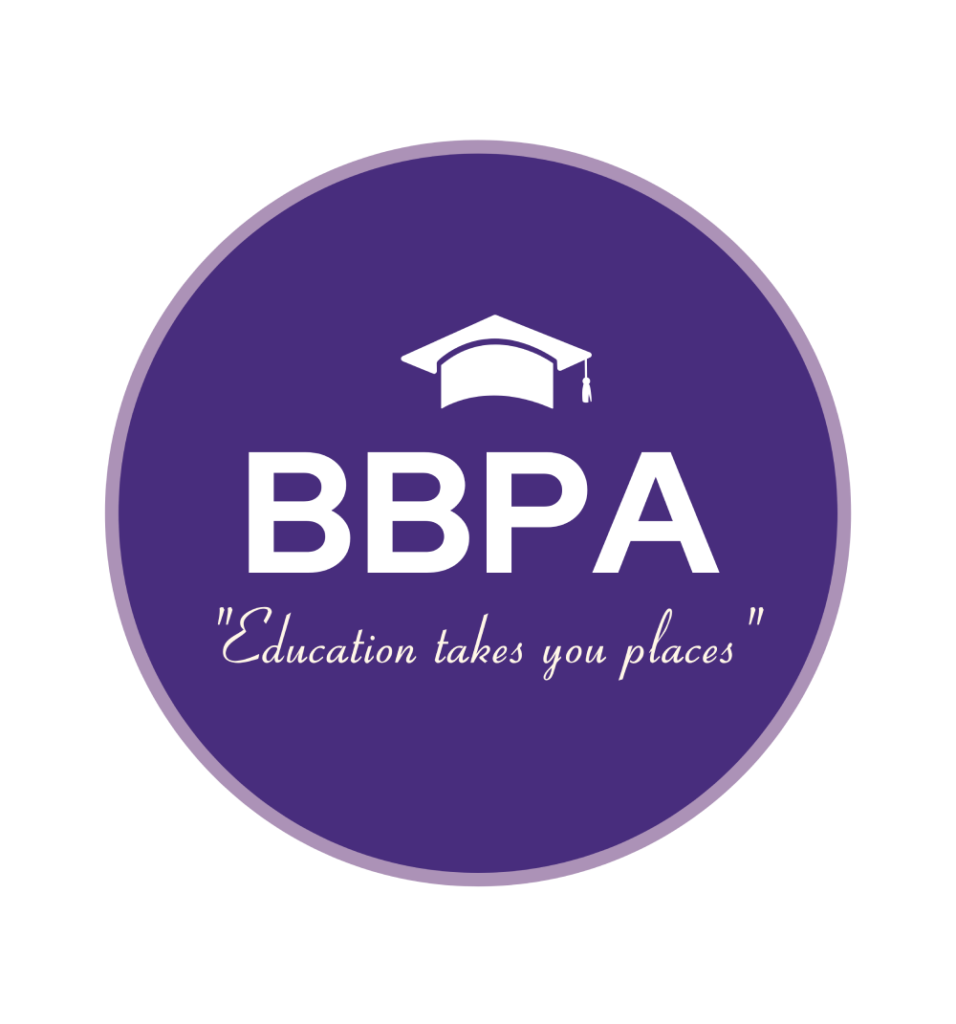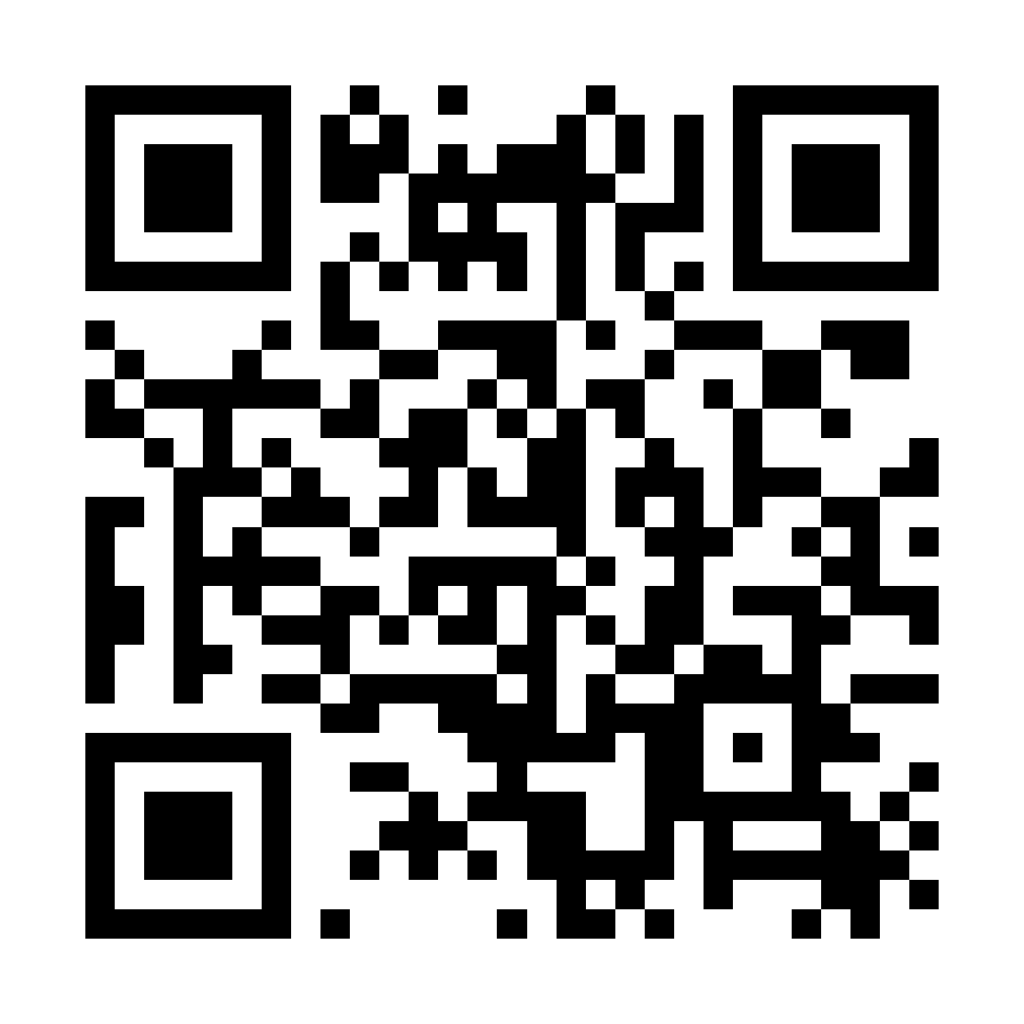School Readiness Programs
Baby Boomers Preparatory Academy understands that parenting may be challenging, especially during a child’s early years.
We give tools and assistance to help parents through this crucial stage in their child’s development. Baby Boomers Preparatory Academy understands that parenting may be challenging, especially during a child’s early years.
We give tools and assistance to help parents through this crucial stage in their child’s development.

The first of Baby Boomers Preparatory Academy’s goals for early childhood education deals with the first years of children’s lives. The experiences children have in the years before they start school have a profound effect on the rest of their lives. Baby Boomers Preparatory Academy’s work in this area has focused primarily on the kinds of things that can be done to help make those early years as fruitful and positive as possible. To be prepared to succeed when they enter school, young children need to be healthy and well fed and to have adequate shelter. They need to be in loving, supportive environments that provide them with the kinds of stimulation that all children need to develop the basic social, physical, emotional and cognitive skills upon which success in school and in life are built.
Programs for preschool-age children are a wise investment, but they can achieve lasting benefits only if children enter programs that are prepared to build on the strengths children bring. Schools must be ready to do the best job possible for all children, regardless of whether the children are as ready as they should be. As part of the readiness goal, our Baby Boomers Preparatory Academy monitors programs to help children and families make the transition to formal schooling as well as early intervention programs to help deal with individual children’s particular problems. Efforts to improve reading instruction in early literacy.

